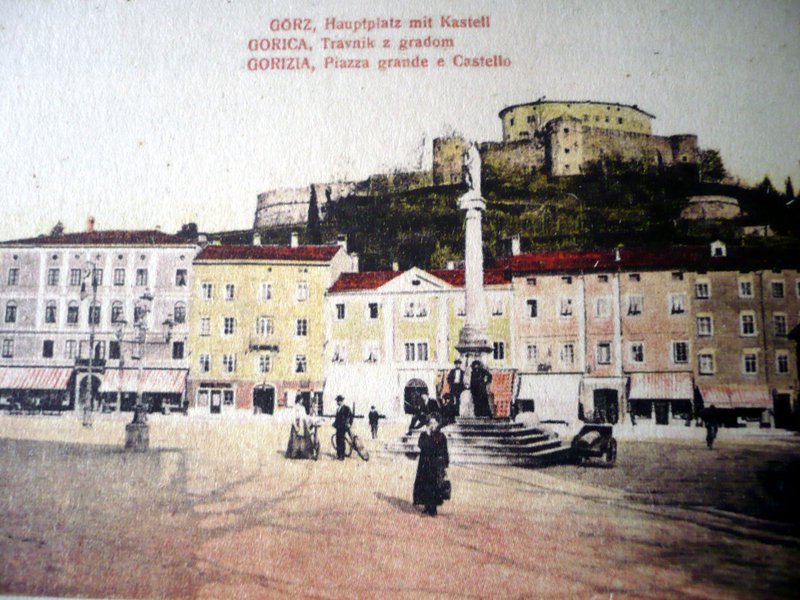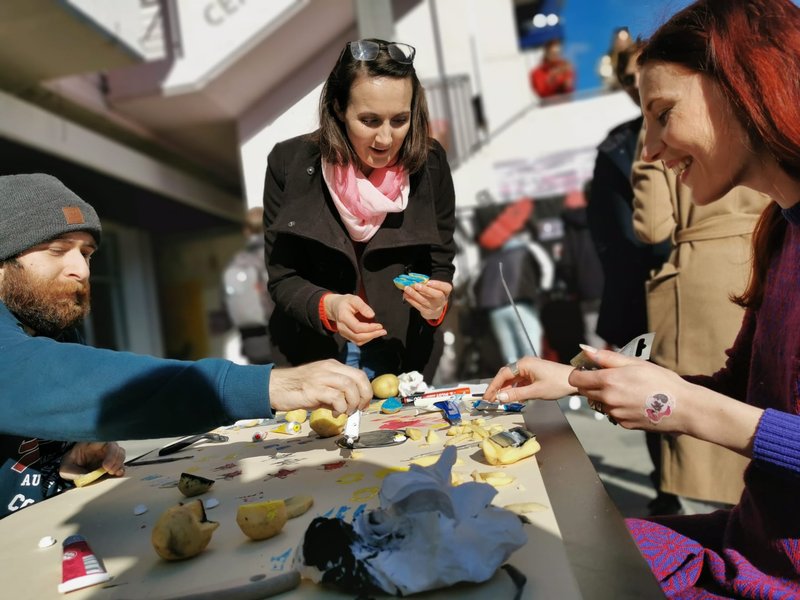Study programmes
Past study programmes
About our programmes
The School of Humanities offers Bachelor's and Master's study programmes, Language and Literature in the Digital World and Cultural History are Bachelor's study programmes. Language and Literature in the Digital World study programme offers three course tracks: Slovene Studies, Literature and Culture, Slovene Language and Language Data. Graduates, within the framework of linguistic subjects, obtain the skills of modern research work with computers, big data, etc. Moreover, the study programme offers to students a broad understanding of the possibilities of ICT use when dealing with language. The subjects in the fields of literature and culture deal with the creative use of -- as well as develop critical attitudes toward -- literary and other contemporary cultural phenomena, including interdisciplinary approaches. The Slovene Studies course track draws on the School's tradition of combining literary and linguistic subjects. The Cultural History study programme enables students to gain an in-depth knowledge of the socio-political and cultural processes, which have shaped the historical image of Europe from the antiquity, the Middle Ages as well as the Modern and Postmodern Eras. Special attention is paid to interdisciplinary connections with related disciplines (anthropology, ethnology, sociology, cultural studies) and the peculiarities of the cultural and political environment, in which the study programme was created, i.e. the border area of the Northern Primorska region and its development within the framework of historical trends. When updating the study programme recently, special attention was paid to contents in the field of cultural and multicultural studies, memory, heritage, migrations, tourism and related processes as well as practices of interpreting the past.
Excellence and Individual Approach
Despite its young tradition, having celebrated 25th anniversary in 2020, the University of Nova Gorica particularly excels in research also according to international rankings such as the U-Multirank. The School of Humanities thus also encourages its students to become engaged in research yet during their studies and help them gather valuable international research experience which, together with the practical experience obtained through practical placements and student project work, boosts the graduates’ employment prospects. Another remarkable advantage is also our individual approach to students, small study groups and the continuous support of the young, dedicated academic team in helping the students develop their talents to the fullest, including supporting the double careers of students athletes. The interdisciplinary syllabi of our study programmes and the School’s unique geographical location at the meeting place of language groups and cultures enable the students to broaden their horizons in humanities and teach them to become aware of the intercultural issues and new trends and technologies affecting languages, cultures and the society as a whole.
All our courses are ECTS based and fully accredited by the respective national agency for quality assurance, leading to internationally recognised diplomas and numerous mobility opportunities abroad.



